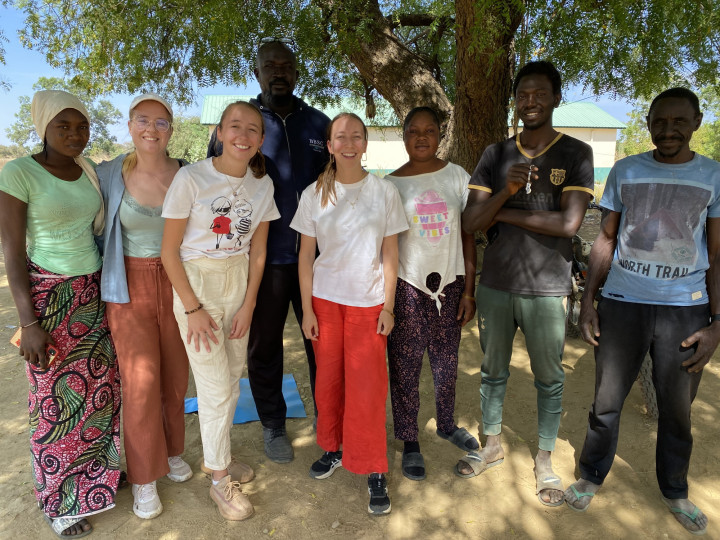Agriculture is the most important sector of the Gambian economy and, consequently, plays a big role in the lives of many Gambians. However, in The Gambia there is only three months of rain, which means that for 9 months Gambians have to obtain water in other ways that are very labor intensive. Women have to get water out of deep wells that can be very far away. Due to this water scarcity less food is produced, which means people have very little food. But what if we can apply a technology that is very water efficient, so that more food is produced and the labor is not that intensive? That’s why we were asked by our project provider to dive into hydroponics.
We are Joukje, Charlie and Cecilia, three third year students of Industrial Design Engineering and Civil Engineering. For our TU Delft minor International Entrepreneurship and Development we are going to The Gambia for three months to build a hydroponic system. Hydroponics is a plant growing system that is based on growing plants in water with dissolved nutrients. The water is being circulated, so that water is used efficiently, which means that only a little amount of water is needed to produce food. We are going to build a simple prototype together with students from a Gambian boarding school, whereafter we will bring the prototype to an Agriculture Center. We will demonstrate and give a workshop to local women there so that they are able to begin their own hydroponics garden and can produce their own food or even more, so that they can make money. In this way, we do not only tackle the food shortage problem during the dry season, but also empower Gambian women.
Students4Sustainability funds our project so that we can build three different prototypes. In the end we aim to create a manual to build and use a hydroponic system with both text and video. In this way, analphabete women will also understand the manual.




